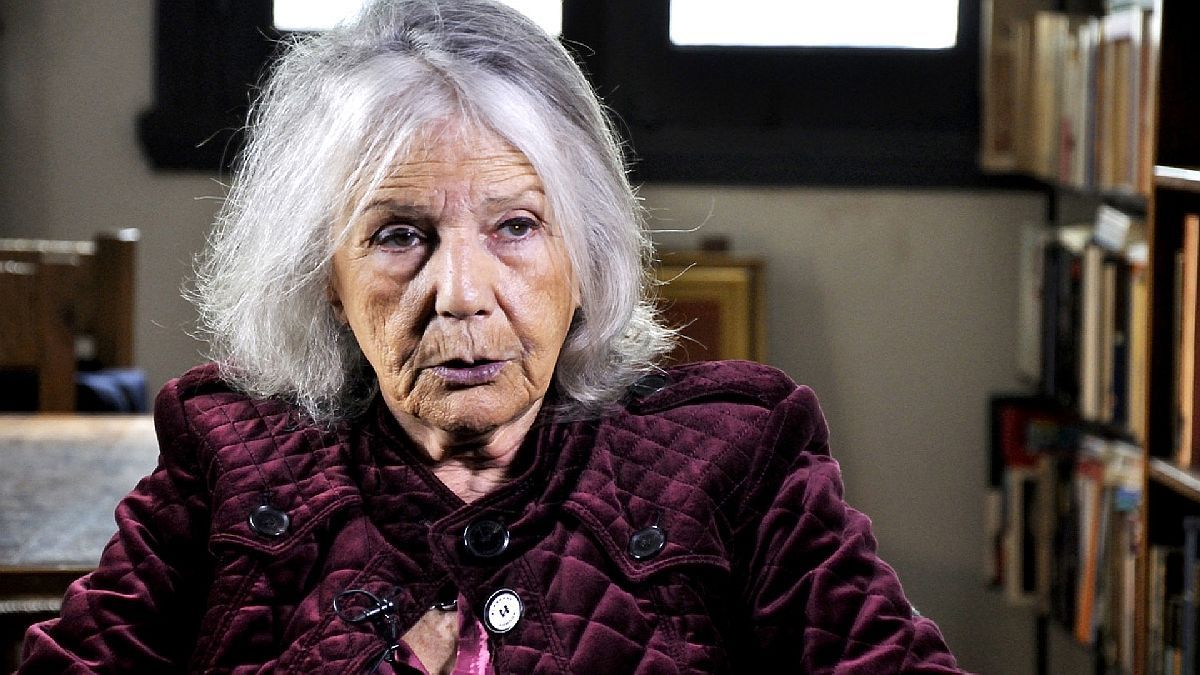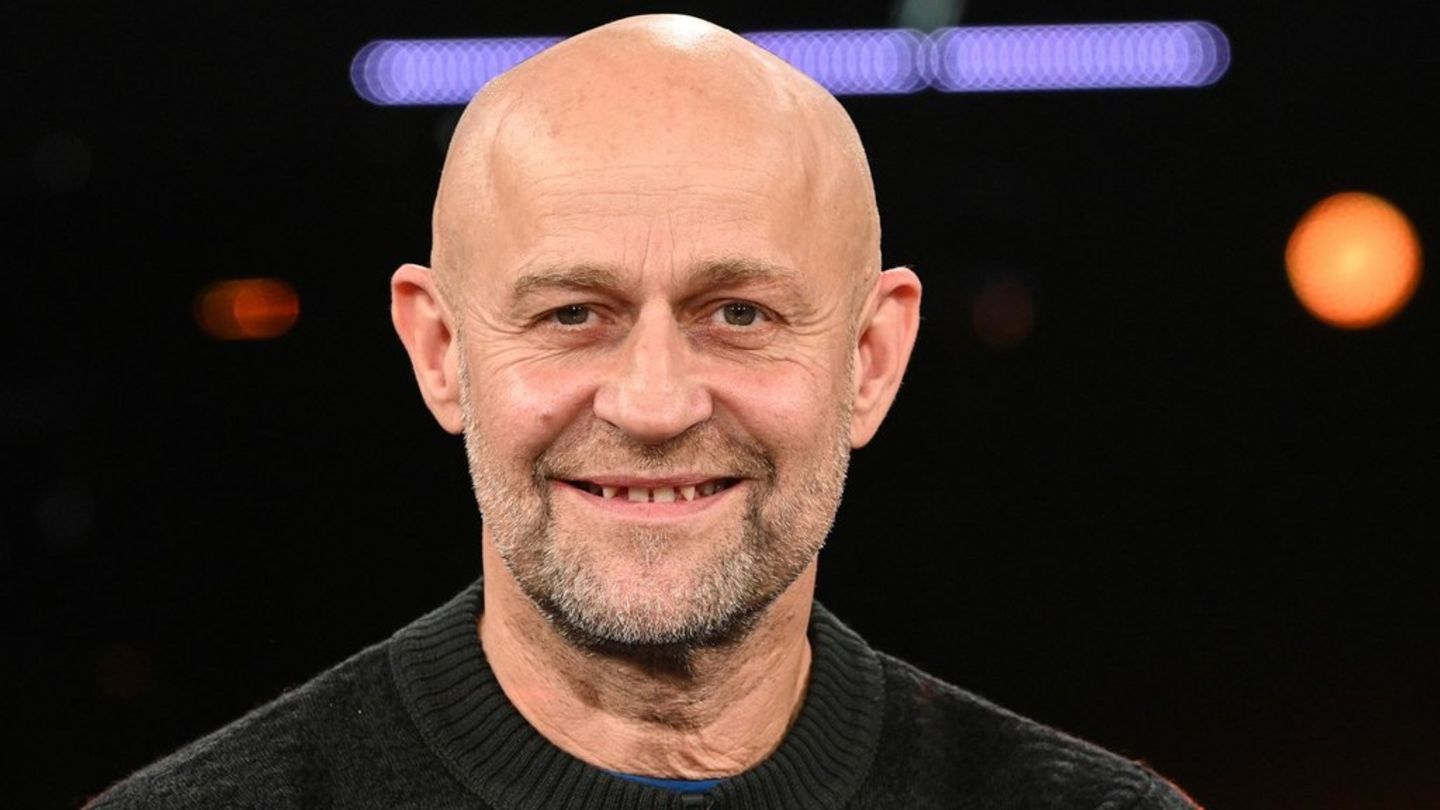The death of a person represents, without a doubt, a moment of strong emotional impact for their closest environment. But it also implies, inevitably, the beginning of a legal process: The transmission of your heritage. In Argentina, this process is regulated by a clear succession regime, safe and highly controlled. However, when there is no professional forecast or accompaniment, avoidable conflicts, family tensions or even judicial controversies can emerge.
Two recent cases, of great public impactillustrate it with particular sharpness. The case of the brilliant writer Beatriz Sarlo, whose succession is currently prosecuted, involves the analysis of a handwritten note addressed to the person in charge of her building, the existence of a supéstitite spouse with whom she had been separated in fact for decades and a maternal cousin. Although Sarlo had not apparently forced heirs, the absence of formal succession planning – through a valid testament – gave rise to a dispute scenario for goods and cultural legacy.
He Case of psychiatrist Claudio Zukermanon the other hand, it exhibits an even more complex dynamic. The cause of his death and the circumstances surrounding the case is being judicially investigated in the prosecution. He would have married in July 2024 with a person from his close environment “her nurse”, in a context allegedly marked by deterioration of health, emotional dependence and isolation. There are doubts if the marriage game is valid, expertise will be held on it and possible irregularities are also reported with respect to the death game. Today the validity of their marriage is discussed or at least questioned without knowledge of the family – and its eventual nullity for vices of consent or fraud for patrimonial purposes. Meanwhile, access to heritage and the definition of legitimate heirs is suspended.
Both situations highlight a structural reality: CAda family is unique. Each succession too.
One of the most demanding particularities of succession law is that it does not admit standardized solutions. Each family structure – formal or informal – has its own dynamics, latent tensions, affections not always coinciding with the legal ties and multiple layers of subjectivity.
Therefore, specialized professionals not only work on norms and goods, but on human realities with an interdisciplinary team. What in a family can be an ideal solution (such as a donation in life), in another it can become a litigation factor or loss of goods.
The succession process is not the problem
Unlike what is often supposed, the Argentine succession procedure is highly reliable: it is regulated by clear norms, with judicial control instances, procedural guarantees for all interested parties and effective mechanisms to determine legitimate rights.
Far from being a threat, the succession is the legal instrument necessary so that the goods can effectively transfer in the name of the heirs, protecting both the will of the deceased and the patrimonial security of those who happen.
Four axes to avoid inheritance conflicts
- Grant the will of the deceased in life. The Testament – be hea, before the Bar Association or by public deed – allows the assets to be accurate and legally. When it is clear, valid and realized respecting the available portions of inheritance, it substantially reduces conflict.
- Use preventive patrimonial planning tools. Donations with usufruct reserve, succession trustees, when well designed and analyzed the advantages and disadvantages in each specific case, allow to order the inheritance in life without violating rights or provoking inequities.
- Avoid critical decisions in vulnerability contexts. The consent vitiated by mistake, intent or violence, the abuse of influence or emotional pressure are figures that can challenge legal acts, but try them afterwards is extremely difficult. Prevention is the most effective path. For example, if you have older parents, it is important to control that the environment is of reliable people, since there are cases of heritage and health deterioration with fraud.
- Accompany the process with professionalism and human sensitivity. Both in the previous advice and posterior stage. The succession is not only passed with files, it is traveling with people. An expert lawyer must know both of law, business and human relations: he must order, contain, mediate and resolve.
An inheritance is not just a legal issue or a simple transfer of goods. It is the closure of a life cycle, the expression of a will and, many times, the starting point of a new family stage for those who remain.
The difference almost never lies in the size of the heritage, but in the clarity with which it was acted, in the forecast of the deceased, the attitude of the heirs and in the professional support received.
The succession process, well managed, not only orders patrimonies, can also preserve links, avoid unnecessary pain, economic losses and give peace of mind to a whole family. Therefore, talking about successions is not a taboo subject, it is an act of responsibility, love and future vision.
Specialized Lawyer and Successions
Source: Ambito
David William is a talented author who has made a name for himself in the world of writing. He is a professional author who writes on a wide range of topics, from general interest to opinion news. David is currently working as a writer at 24 hours worlds where he brings his unique perspective and in-depth research to his articles, making them both informative and engaging.




